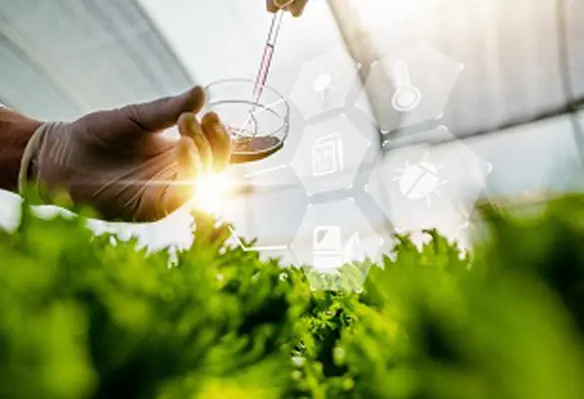A partnership between the Asia-Pacific Society for Cellular Agriculture (APAC-SCA) and the Japan Association for Cellular Agriculture (JACA) has been established with the signing of a Memorandum of Understanding (MoU)
This collaborative agreement is designed to enhance the development and expansion of cellular agriculture in Japan and the wider Asia-Pacific region.
“Establishing long-lasting ties with key stakeholders and other associations regionally and globally is a key asset in the strategic development of the industry for APAC-SCA,” said Peter Yu, programme director, APAC Society for Cellular Agriculture. “Through this MoU we reverberate the message and necessity of a key tenet of the industry – global collaboration.”
As part of the agreement, JACA will gain improved access to the global network of the cell-cultured industry. Simultaneously, APAC-SCA will assume a more prominent role in facilitating regulatory advancements in Japan. The two organisations will collaborate on various initiatives, including knowledge sharing and the development of a risk communication strategy for their members.
The ACA, which operates as a collaborative effort between industry, academia, and the government, has been actively involved in establishing regulations for the production and distribution of cell-based food products like cultivated meat, eggs, and dairy across Japan. In a recent event, it brought together approximately 150 stakeholders, including members of the Japanese Parliament, government officials from Japan and other countries, industry associations, member companies, academia, and media representatives. The objective of the gathering was to reach a consensus on essential measures for ensuring food safety in the cultivated food sector, as well as methods to protect the rights of Japanese farmers regarding branded-animal cells such as Wagyu.
The MoU follows an announcement in February by Japan's Prime Minister, Fumio Kishida, signalling the country's commitment to developing a cell-based agriculture industry primarily focused on cultivated meat and fish. This strategic move aims to reduce Japan's carbon footprint.
As per GFI APAC, an industry think tank, the current interpretation of existing laws allows for the potential sale of cultivated meat in Japan. This regulatory opening presents an opportunity for Japan to emerge as a global leader in cultivated meat and attract the interest of international start-ups in this sector. The recently established MoU, along with the government's plan, will provide a framework for advancing the industry.
Deregulation in the cellular agriculture industry is progressing, with Singapore's Food Agency being the sole entity to have approved cultivated meat for sale so far. However, last week brought positive news as two California-based cultivated meat producers, Eat Just and Upside Foods, received label approval from the USDA. This milestone represents the final step before obtaining full production and distribution approval throughout the US.





